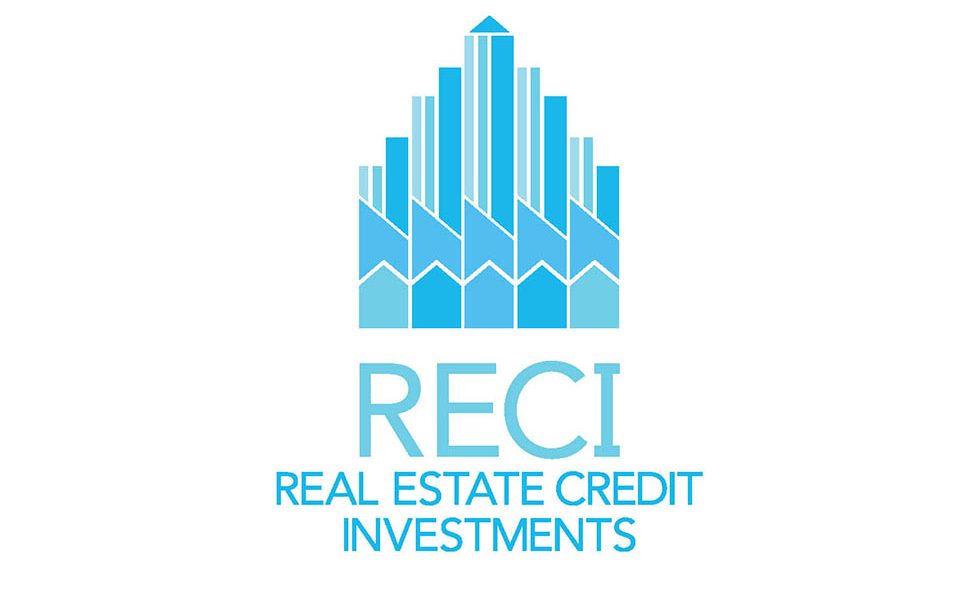Property income fund, Real Estate Credit Investments Limited (LON:RECI) released its Annual Report and Audited Financial Statements for the year ended 31 March 2022.
Ravi Stickney, Portfolio Manager for RECI, and Head of Cheyne Capital Real Estate provides his investment manager’s report.
INVESTMENT MANAGER’S REPORT
Having just emerged from the uncertainty posed by Covid-19, global real estate markets are now contending with a number of issues, namely:
• Continuing supply chain disruptions feeding into persistent cost inflation on materials and delays on delivery.
• Central banks look certain to move base rates markedly higher, with our expectations that the new level of base rates will remain higher for much longer.
• Anaemic growth, feeding into rent growth that may not keep pace with inflation.
As experienced during the Covid-19 pandemic to date, real estate assets are no longer a homogeneous asset class in their response to the evolving themes. As a case in point, we view the mid market residential asset class (multi family and single family homes) as being particularly resilient even in the face of these factors, given the acute supply and demand imbalances. In contrast, we see the shopping centre asset class as being further impacted by weak growth and high inflation piling more pressure on top of the structural shifts in shopping patterns evident already.
In addition to the above, the significant shifts in how we work, live and play continue to feed into asset class demand and supply, causing material shifts in demand patterns even within each asset type. For example, we have consistently spoken about the shift in demand for office space away from secondary quality stock to offices that provide for the very best in environmental and wellbeing credentials. This stock remains scarce and in demand, whilst secondary stock faces letting challenges even at steeply discounted rents.
Since mid 2016 (primarily in response to the uncertainty posed by Brexit), RECI has migrated its risk focus to concentrate upon: senior loans; working with the strongest sponsors; and lower leverage exposures. It has also focused on the “living” asset classes, with very selective entry points into the cyclical office asset class.
In addition to the migration to a defensive asset risk profile, it has also maintained a conservative structural risk profile with a low level of recourse gearing, a very diverse credit book and a relatively low duration on its loans.
Those elements have enabled the Company to navigate well through the Covid-19 period to date. In addition, it also gives the Company the best footing to capitalise on the long-term economic changes anticipated above.
Sponsors owning, or purchasing, strong assets are set to face challenges and opportunities from the combination of slowing growth, rising costs and the continued scarcity of debt capital. RECI, is well positioned to assist the European commercial real estate industry with its available capital and its proven ability to structure meaningful solutions in a timely manner.
RECI’s profile on the asset and liability sides of the balance sheet is strong and has evolved to better optimise returns. On the asset side, the portfolio’s credit profile is robust with no positions demonstrating material weakness. The hospitality and housebuilder positions that were mainly affected by the pandemic have been resolved with a full recovery of the Company’s investment in both.
The asset book is diverse and predominantly focused on the senior part of the capital stack.
In addition, the loan book has a short duration, allowing the Investment Portfolio Overview Company to recycle into new loans that have a yield pick up from (a) charging a higher risk premium reflecting the current environment and (b) reflecting the higher floating base rates into the loans.
On the liability side, during the year, the Company has made progress towards its aim of structuring and deploying non recourse financing, on a term basis, against its senior loans.
This project has now been effected with the first loans benefiting from these accretive funding lines. The Company has also moved towards term funding on its balance sheet leverage with the aim for a fair balance between flexible short-term financing and stable long-term financing.
The key aims for Real Estate Credit Investments Limited for the current financial year are consistent with the prior year, evolving to capture the opportunities presented by the current environment:
• To preserve its NAV with a continued focus on lower risk senior credit
• To protect and improve on its dividends by improved returns on the loans and also keeping the book invested
• To continually de-risk and optimise its funding lines
• To grow the Company and the diversity of its investor base
• To continually improve on its investor engagement, transparency and reporting
The combination of the above, we believe, will sustain RECI as a consistent performer in terms of NAV, dividends and shareholder engagement through the year to come.






































